Seasoned terrace-types became excited schoolboys when Jimmy Johnstone did keepie-uppies on the Dens Park pitch in the summer of 1977.
Johnstone – better known as Jinky – was almost 33 when he arrived to sign for Dundee during the nomadic second half of his career, after 14 trophy-laden years at Celtic.
After leaving Celtic Park in 1975 he signed a one-year contract in the North American Soccer League with the San Jose Earthquakes before moving to Sheffield United.
Johnstone was released from Bramall Lane in 1977.
The financial situation for Dundee was desperate following relegation from the Premier Division in 1976 and the failure to achieve promotion at the first attempt.
Johnstone’s former Celtic team-mate Tommy Gemmell was Dundee manager and convinced him to return to Scottish football and sign for the Dens Parkers.
The sticking point was that Jinky wanted to stay in Uddingston with wife Agnes and the family but Gemmell owned the Commercial Hotel in Errol and reached a compromise.
Johnstone would stay there during the week with Gemmell playing the landlord role!
After the game on a Saturday he would immediately be taken through to Uddingston.
Deal done.
He was noticeably thicker round the midriff
The 32-year-old arrived at Tay Bridge Station in July 1977 with his belongings in a San Jose Earthquakes duffel bag and was greeted on the platform by Gemmell.
Jinky, of course, was famous for his bright red hair and bamboozling, dribbling skills during his time at Celtic, but his career was threatening to run out of steam.
Was he just a token big-name signing or could he really turn back the clock?
Johnstone was noticeably thicker round the midriff in that trademark no.7 shirt – despite losing 6lb – but was still whipping up excitement among Dundee supporters.
The whole city was buzzing when he arrived.
The fans got an up-close look at Johnstone, who did keepie-uppies and showed off his tricks and flicks when Dundee held an open training session at Dens Park.
Johnstone said: “I’m delighted to have joined Dundee.
“During my days at Celtic I usually played well at Dens Park and I know I can do a job for them.”
Gemmell gave his own take on the marriage of convenience and said his new signing’s vast experience could help Dundee win promotion to the Premier League.
Johnstone’s name alone was still magic to fans, home and away.
Just three years earlier, he’d played for Scotland when they beat England 2-0.
But it was not to be.
Unfortunately for all concerned, Johnstone still pined for Celtic and was in the grip of his drinking problems during his short spell at Dens Park in 1977.
Johnstone was never the same player after leaving Parkhead.
The former Scottish international played just one full game in the no.7 shirt, which was the first league fixture – at home to Airdrie – where Dundee won 3-0.
He was substituted a week later during a 2-1 defeat to Hearts at Tynecastle, and was himself a sub in the third league game against Stirling Albion.
Apart from that, Johnstone was in the reserves or injured, never reproducing the form that made him one of Scotland’s greatest players during his Celtic heyday.
Former Dundee goalkeeper Ally Donaldson recalled Johnstone was a mere shadow of the fantastic player he was in his prime during his brief Dens spell.
He told me: “Tommy took a gamble on Jimmy but he was past his sell-by-date.
“He was nothing like the Jimmy Johnstone who destroyed the Dundee defence when Celtic beat us 8-1 at Dens Park in January 1971.
“During his short time with us he showed none of the magical skills he produced during his Celtic career and just got lost in each game without doing anything.
“Young players at the club hero-worshipped him at first but he led one or two astray, like Gordon Strachan, who he went on a drinking spree with.”
A drinking session with Gordon Strachan
The tale of Jinky inviting Strachan to lunch at the Queen’s Hotel after taking a shine to the fresh-faced teenager has been well-documented but is worth repeating!
The drink was flowing but Strachan was no drinker.
He was trying to keep pace with Jinky without realising how much he was consuming.
After that, it was off to the pub, then another pub, before they got a taxi to Errol to have a few more in the Central Hotel where they were trying to drink the place dry.
The hotel was 50 yards across the road from the Commercial Hotel!
Gemmell stormed over to the hotel and gave him and Strachan a grilling before taking Johnstone back up to his room where he chucked him into his bed!
Strachan himself went teetotal after just one night’s boozing with the wee man!
He later said: “People will say Jinky lived life to the full on and off the pitch.
“I lived life to the full with him just one day and my liver is still recovering.
“It was only one day but it felt like a week, but it was great fun. I would never give that day back.”
Johnstone’s contract was eventually paid off in September 1977.
A quick and amicable break, before Johnstone had moved on to a permanent base in the city, was probably the sensible way to finish matters.
It was a sad and sudden end to a good idea but Gemmell said he had no regrets about going for his close friend and fellow Lisbon Lion in the first place.
He said: “Jimmy Johnstone has left the club by mutual consent.
“He never really settled.
“It was a move well worth trying — and, in football, you can’t win all the time.”
Gemmell – who passed away in March 2017 – opened his heart about the fairytale signing gone wrong in his autobiography, All The Best, three years earlier.
The former Hoops left-back shed tears as Johnstone left Dens Park in a taxi.
He wrote: “It could have turned out to be grand finale to a wonderful career.
“That would have been fitting after all Jinky had contributed to the game.
“He deserved sustained applause at the final curtain on what really wasn’t a job of work but his vocation. Alas, it wasn’t to be.”
Jinky ended his career at Elgin City
The wee man briefly hung up his boots after leaving Dundee.
But Johnstone was later given training facilities at Hamilton before returning to football with Shelbourne in November 1977 along with fellow Scot Dixie Deans.
He loved Dublin and stayed for four months.
But Johnstone’s career was over within a year of his Shelbourne departure and he played his final game on August 18 1979 for Elgin City against Deveronvale.
A crowd of 545 was in attendance.
It was a sad note on which to end a career that reached unimaginable heights.
He made his first-team debut in 1963 and was, of course, one of the famous Lisbon Lions which won the European Cup in 1967.
He was capped 23 times for Scotland.
In 2002, Johnstone was voted by Parkhead supporters as the greatest-ever Celtic player.
He died in March 2006 after losing his battle with motor neurone disease.
Jinky was 61.
A great footballer and a bit of a hellraiser who will never be forgotten.
More like this:
Stunning archive pictures of Dundee crushing Cologne on club’s greatest European night
New book recounts the brawls, bribes and broken dreams of Dundee’s 1962-63 European Cup run
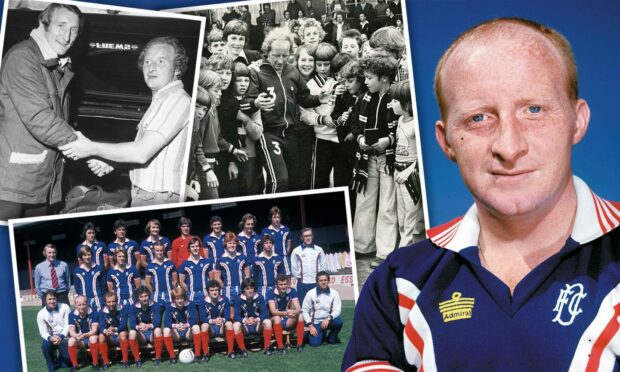
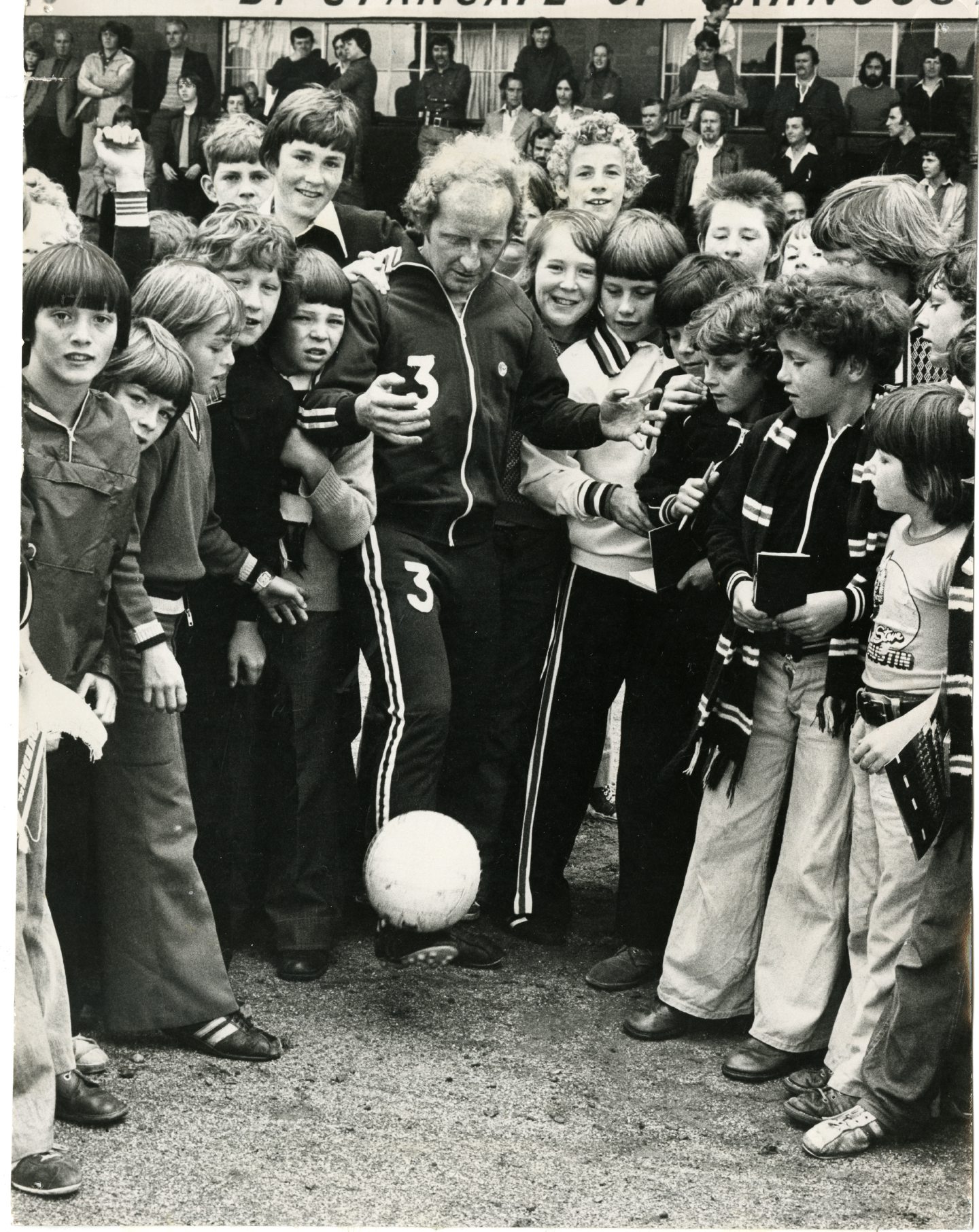
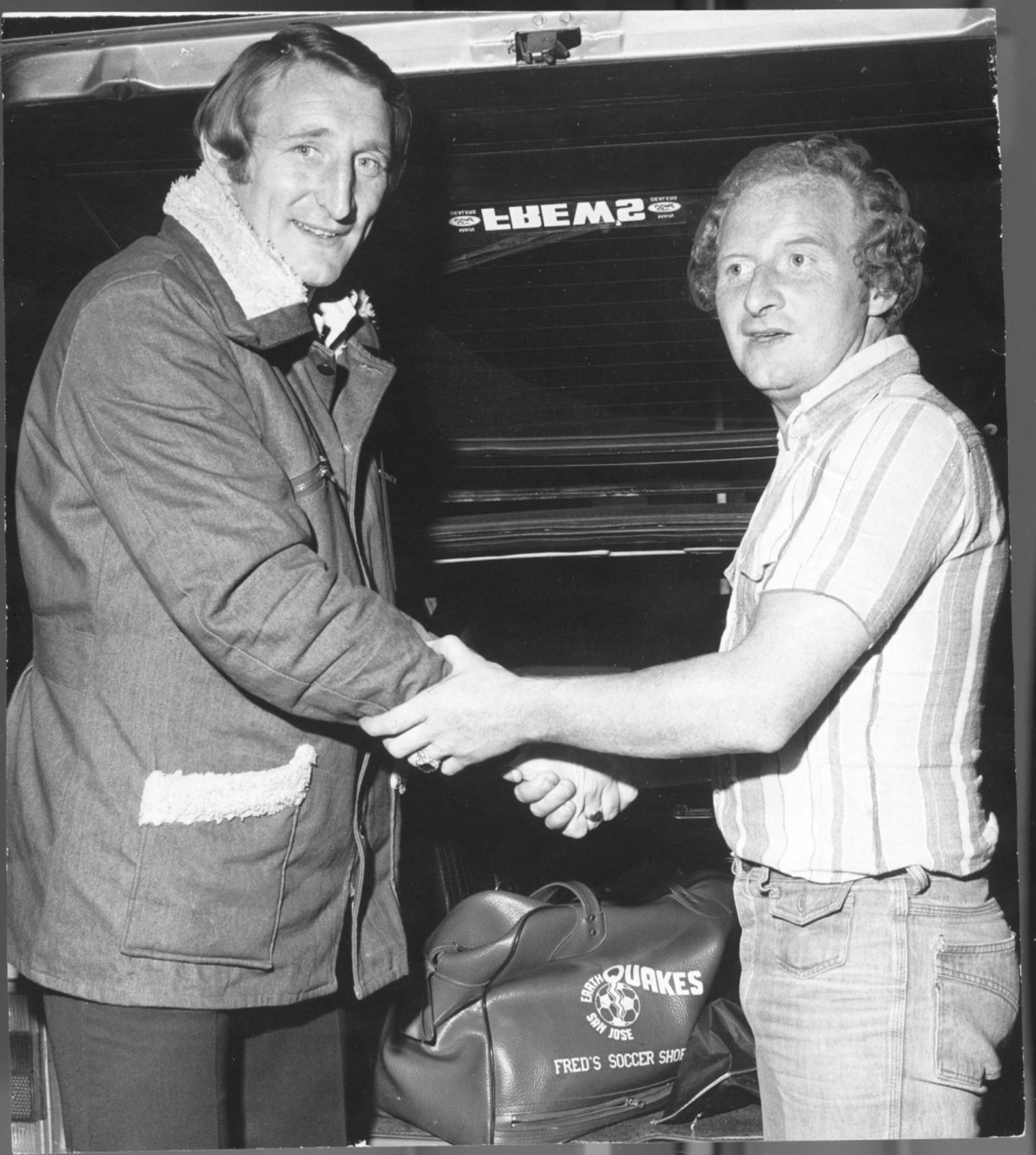
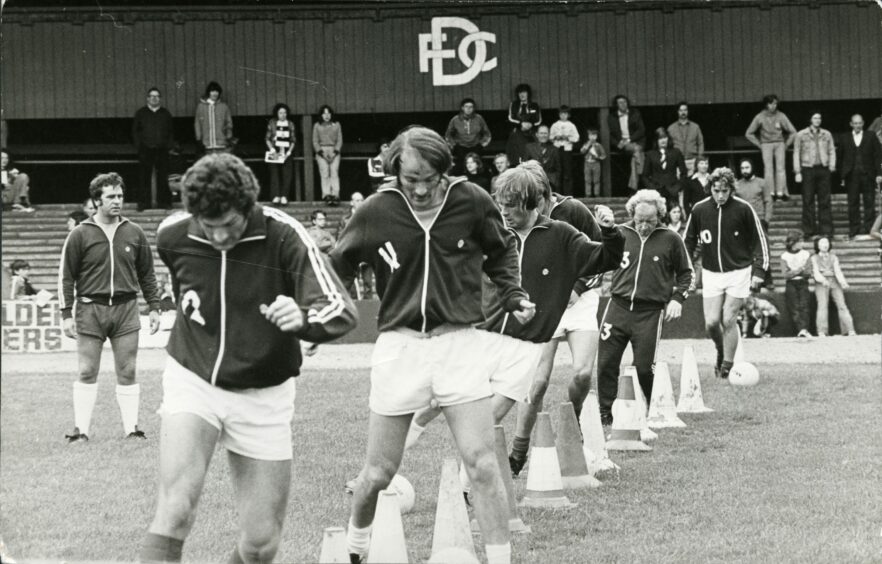
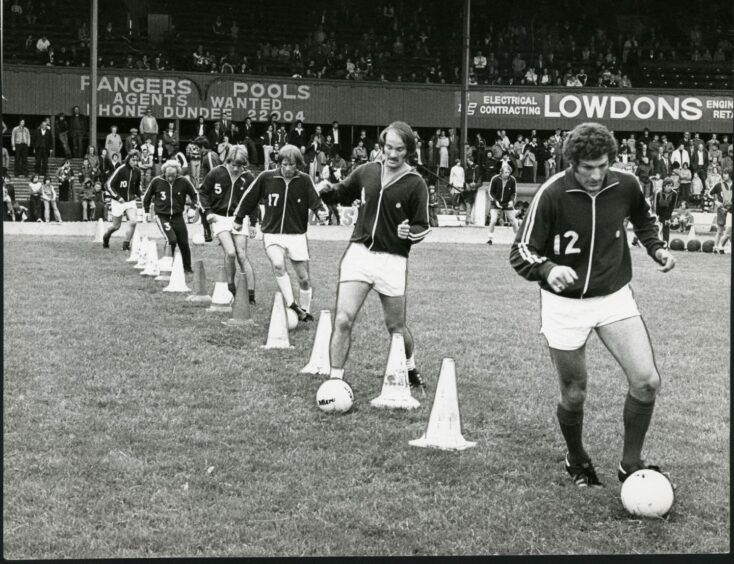
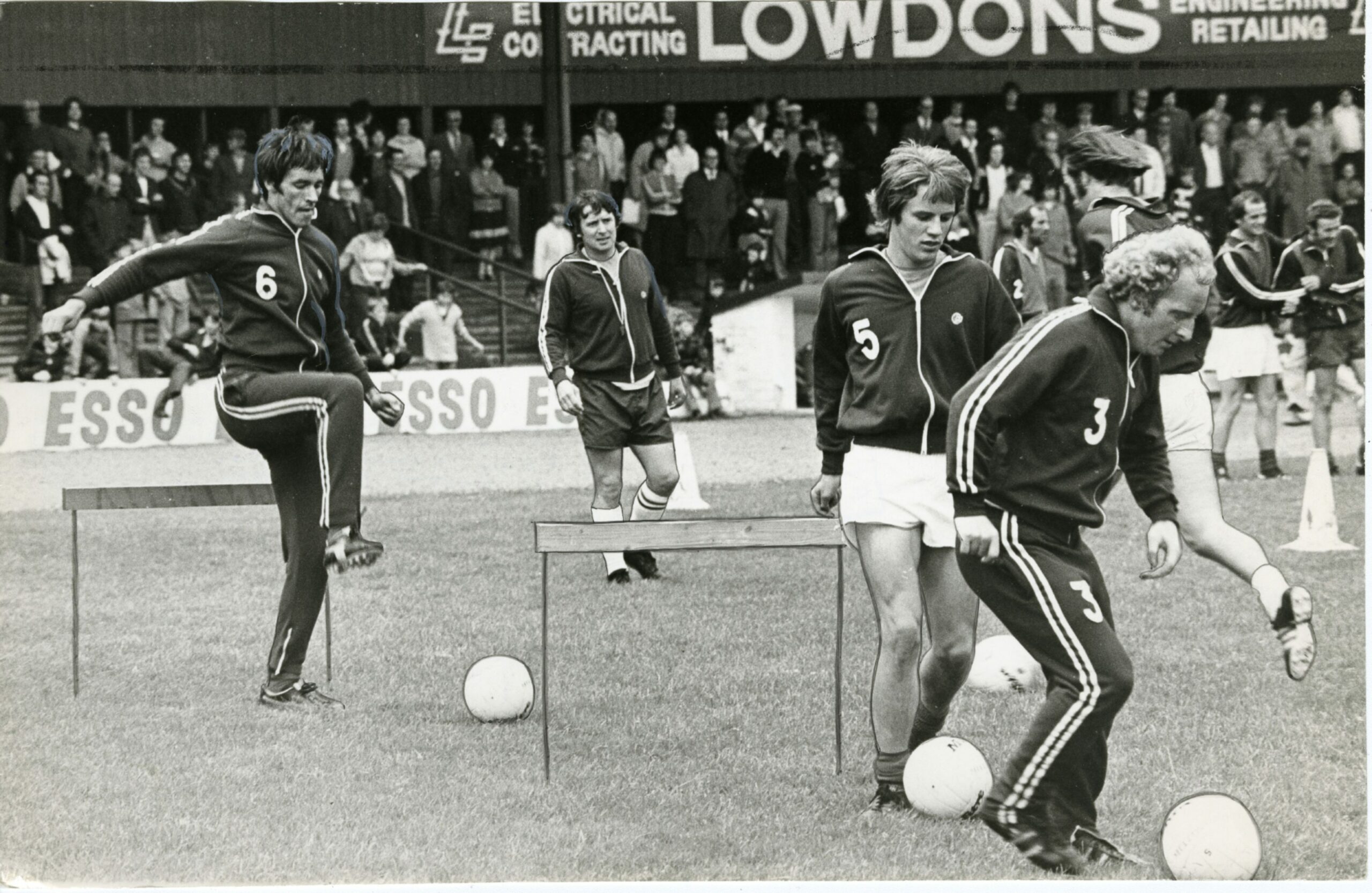
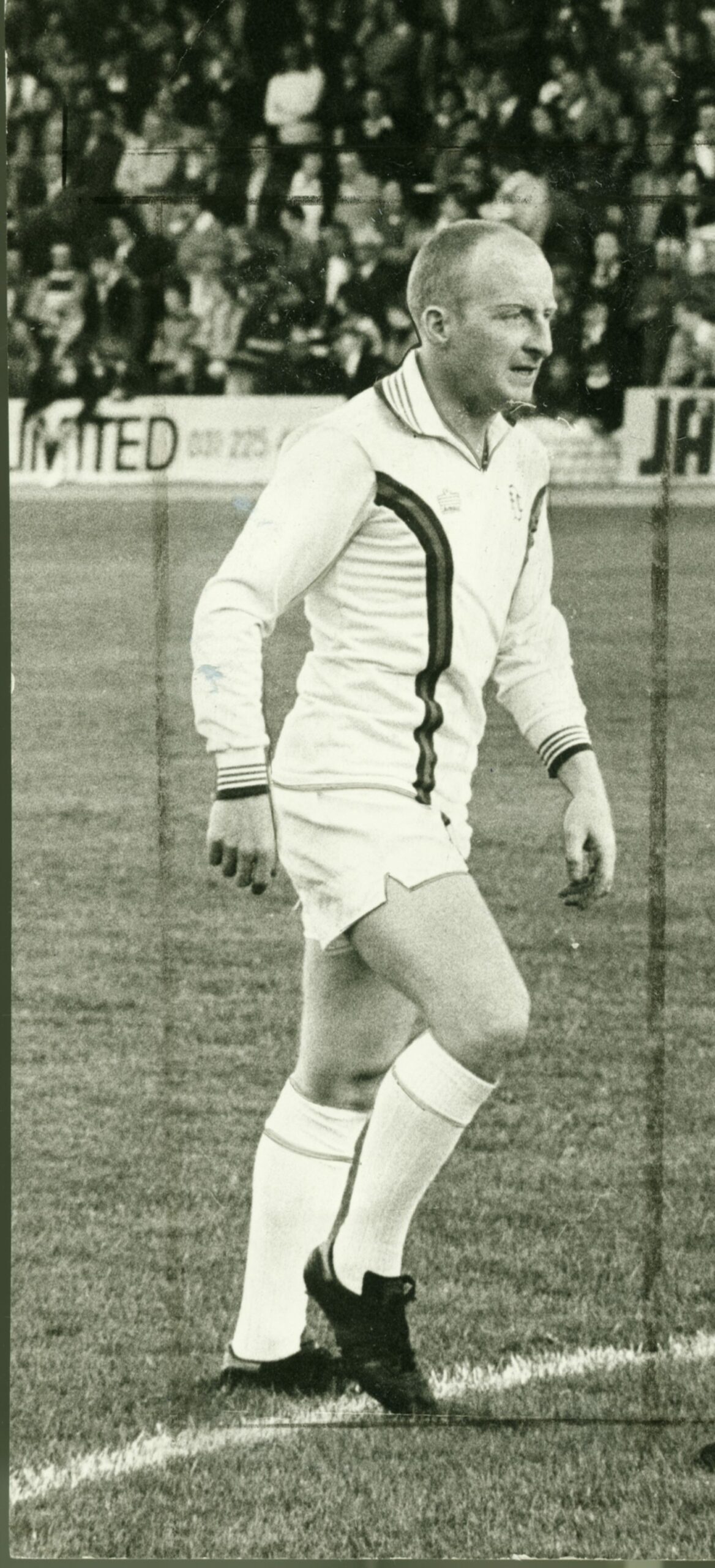
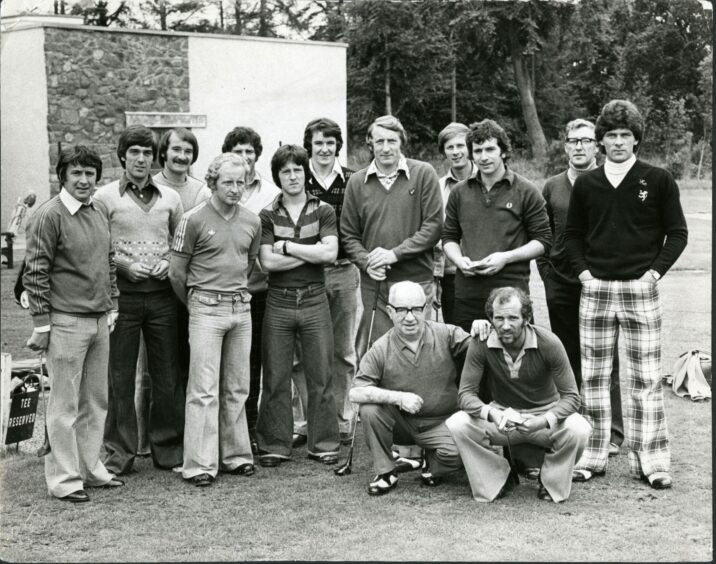
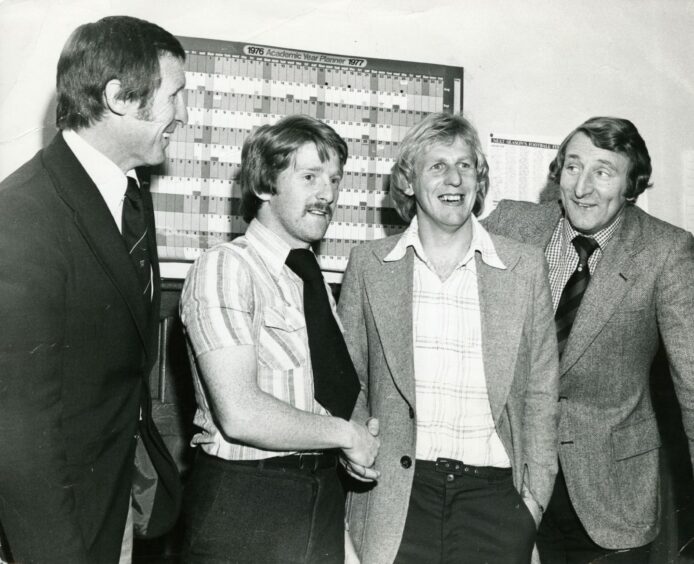

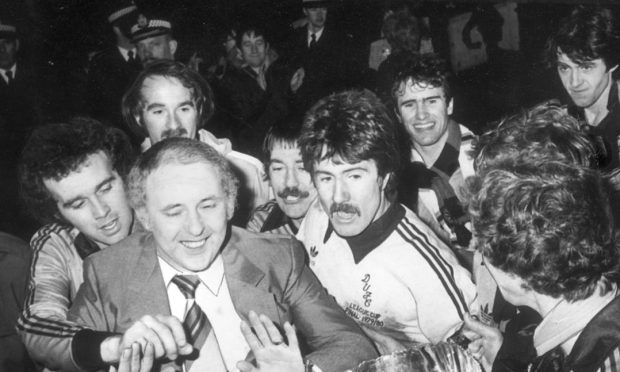


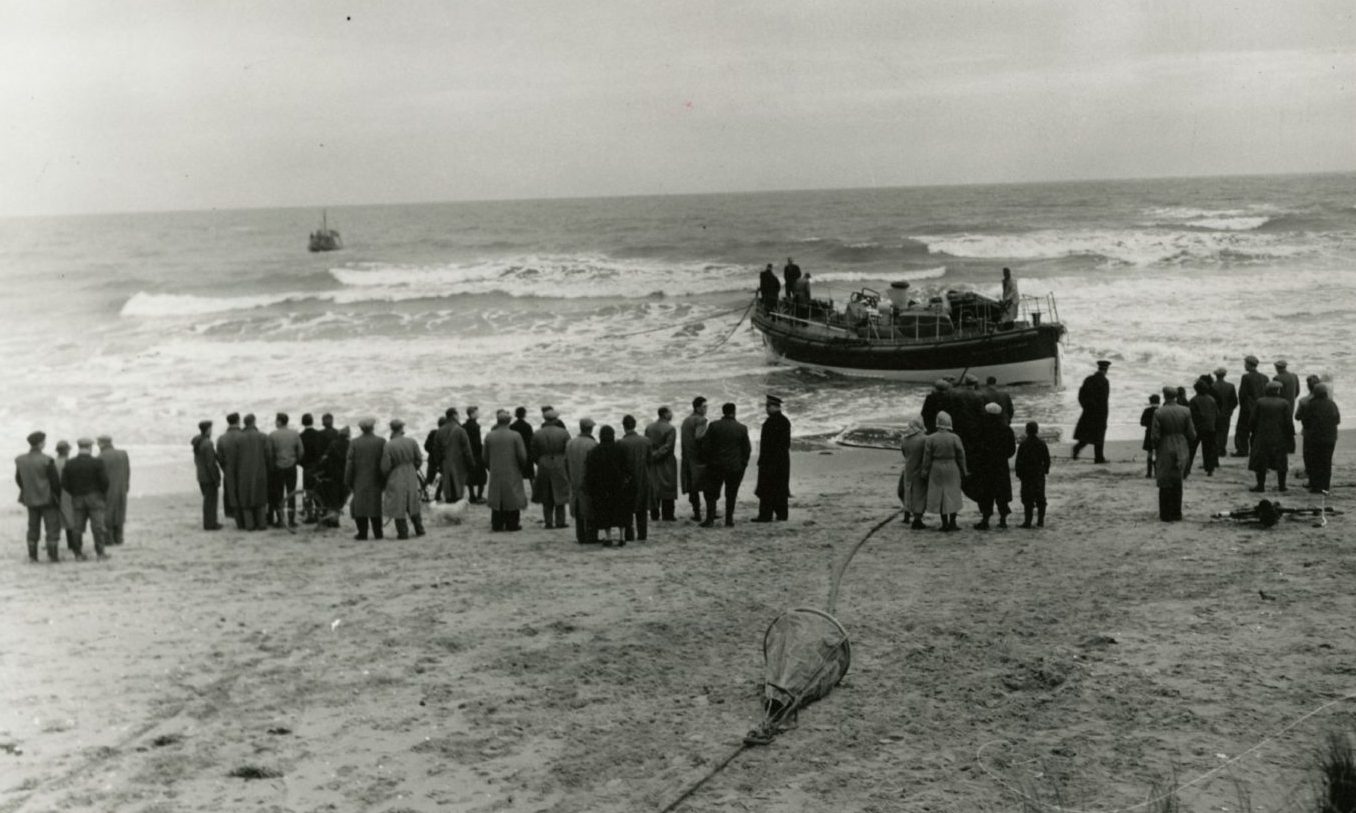
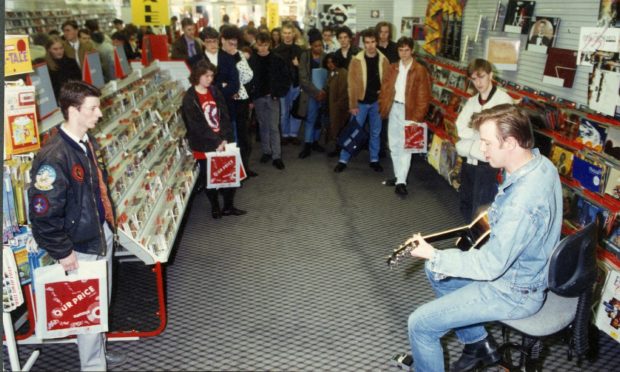
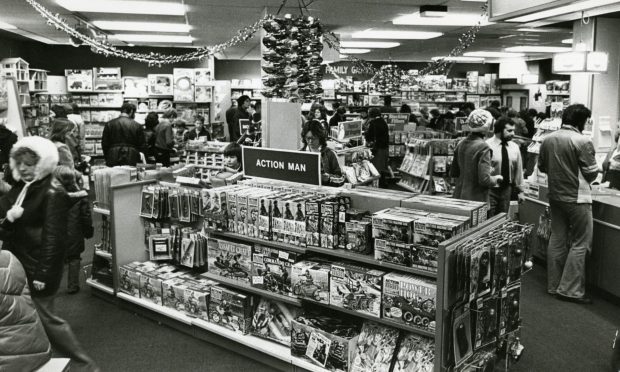
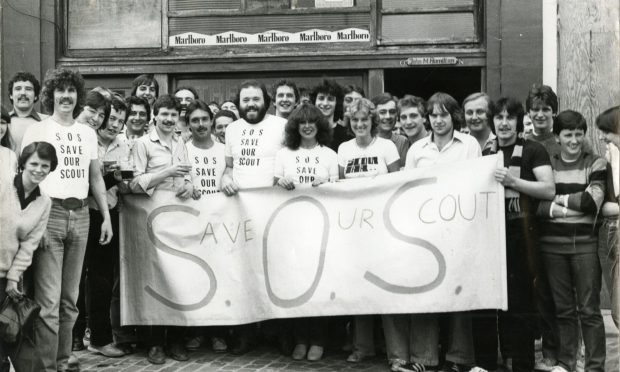
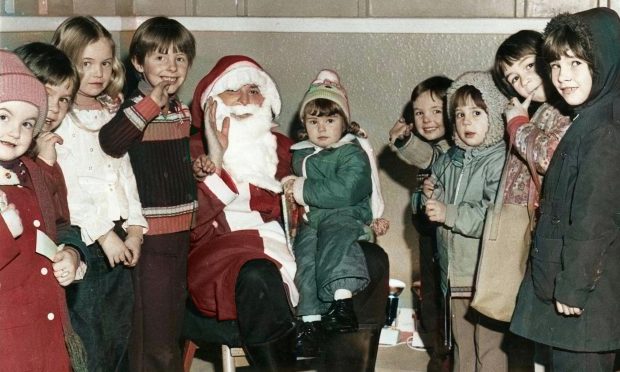
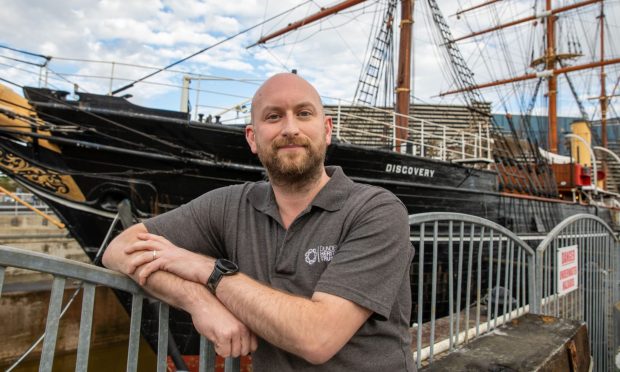
Conversation